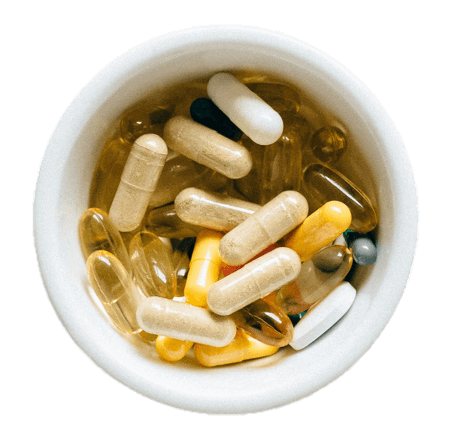Prenatal
The Importance of Nutrition during Pregnancy
Proper nutrition during these crucial months is instrumental in ensuring a healthy pregnancy, promoting foetal growth and development, and laying the foundation for your child's long-term health.

What can’t I eat during pregnancy?
Trying to make sense of differing advice, opinions and nutrition information in an attempt to do everything right for the little person growing inside you, can be confusing and overwhelming and may even lead to unnecessary food restrictions.
Pregnancy should be a positive experience. Nourishing your body with the correct foods is essential for your well-being and the healthy development of your little one. If you’re pregnant, you’ll be thinking about the foods to eat and avoid. This can be confusing so we will help you understand which foods you can eat, correct food preparation and when to avoid certain foods.
Nourishing Your Pregnancy: Weight Management & Key Nutrients
Gaining too much weight can increase your risk of gestational diabetes, high blood pressure, backaches, varicose veins, indigestion, difficulties in labour. Gaining too little weight, can contribute to your baby being born early or with a low birth weight. So, it’s all about finding the right balance!
During pregnancy, your body has increased nutritional demands to support your baby's growth and development. One of the top concerns for expectant mothers is whether they are providing adequate nutrition to support their baby's development. Key nutrients, such as folate, iron, calcium, omega-3 fatty acids, and protein, play vital roles in:

Struggling to find prenatal supplements that are just right for you?
Navigating prenatal supplements can be overwhelming. Simple Steps Nutrition is here to guide you in choosing the perfect supplements for you and where you are on your pregnancy journey.
Express Prenatal Supplement Consultation 30-minute virtual session
30-minute virtual session
Nutrition to help with some of your pregnancy discomforts
Nutrition requirements change throughout your pregnancy and each trimester has a unique focus. Pregnancy can, however, come with various discomforts, such as morning sickness, heartburn, fatigue and constipation. Nutrition and simple adjustments to your food choices, liquid intake and supplements can play a significant role in alleviating these issues.

The power of simple steps!
There is so much in pregnancy we can’t control. What we eat to look after ourselves and give our babies the best start in life is something we can control. Focus on taking simple steps towards nourishing you and baby, with the comfort that these small tweaks can accumulate into significant health impacts over time. This is a special time and our aim is to help you make these nine months as joyful and healthy as possible for both you and your little one.
Let us know if we can support you through your journey!


